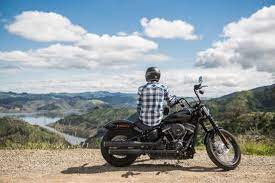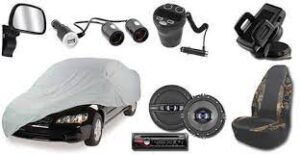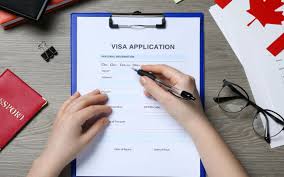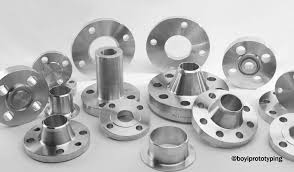Bike Riding Tips For a Long Drive

Bike riding can be a great way to spend time on a long drive. However, you need to make sure that you are properly prepared.
Follow these bike riding tips to make your long drive easier and safer! These are simple, yet highly effective! They will keep you comfortable, relaxed and stress-free.
- Get a good night’s sleep.
Getting enough sleep is essential for optimal physical and mental performance. It also helps improve memory, concentration, and judgement.
Whether you’re training for a race or simply trying to stay healthy, it’s important to get a good night’s sleep.
Aside from making you feel great, a good night’s sleep can help you focus better on the road and perform better.
While the exact amount of sleep you need can vary, most people need at least 7 hours a night. If you’re not getting enough sleep, your body won’t be able to recover and adapt to strenuous exercise. It’s especially important to ensure you’re getting plenty of rest the night before a race.
- Eat a light breakfast.
When you’re cycling long distances, it’s critical to eat a light breakfast. This tops off your critical glycogen stores and also helps to maintain optimal hydration.
For many, a breakfast that contains a good mix of protein, healthy fats and carbohydrates is the best way to start their day. These foods provide sustained energy that curbs cravings and keeps you energized throughout the ride.
A light breakfast is especially important if you plan to cycle early in the morning or on weekends. This can be as simple as a piece of toast with fruit, yogurt or juice.
- Pack plenty of water.
Keeping hydrated is vital for maintaining physical endurance, flexibility and strength. Without it, a dehydrated biker might run out of energy, be dizzy on the trail and make poor judgment calls.
As a general rule of thumb, cyclists should drink one bottle per hour while riding. This is a good guideline for most people, but it’s important to take into account factors like temperature and weight.
It’s also worth considering whether you need to bring caffeine, electrolytes or carbohydrates as part of your hydration plan, depending on the intensity of your ride. Having at least two water bottles will allow you to have these options on hand.
- Take breaks.
When riding a long distance bike, it is important to take breaks. This will help you keep your energy level up, prevent burnout, and help you feel better overall.
Breaks are also vital for your mental health as they can help you focus and relax. Studies have shown that taking breaks can help reduce anxiety and stress, which can improve your performance and mood.
When it comes to long distance cycling, you want to try and take breaks every 30 minutes. However, this can be tricky depending on your riding ability and experience.
- Wear comfortable earplugs.
The right earplugs can be very helpful in eliminating a lot of the strain from wind noise, so you can hear the sounds you need to hear more clearly.
They also help reduce the frequency of temporary threshold shift (TTS), a condition that occurs when the body is continuously exposed to loud sounds for long periods of time, which can cause hearing loss.
There are a number of different types of earplugs available, from disposable earplugs to filtered earplugs. Disposable earplugs are generally pretty cheap to buy and will give you around 30dB of hearing protection.
- Do a quick health check-up.
As a cyclist, it’s important to be aware of your body’s functioning and to recognise any signs or symptoms of disease. This knowledge can help you make proactive lifestyle choices, which will improve your health and prevent diseases from forming in the first place.
A regular health check-up is beneficial at any age. This is because lifestyle, genetics and age carry with them an increased risk of a number of diseases.
A quick health check-up will allow you to detect such diseases early and provide timely treatment if needed. This can also reduce medical costs.





